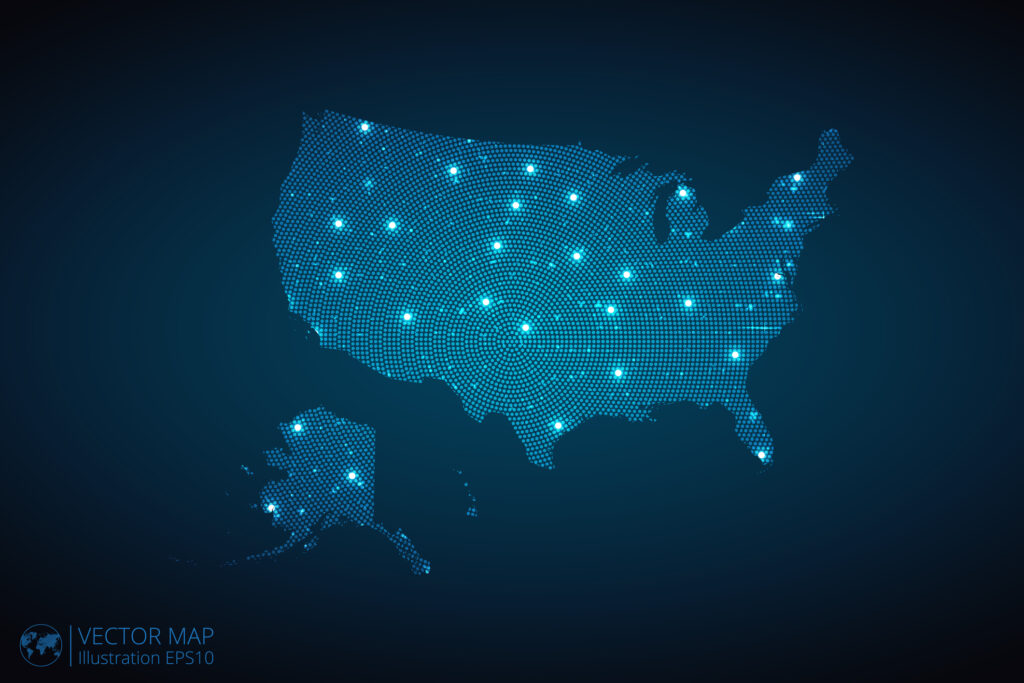Cities across the nation are scrambling to be the first in their region to offer their citizens free wireless Internet access at hotspots around town. Add the San Francisco suburb of Pleasant Hill to the list of municipalities that may find it a bad investment.
The city recently signed a 15-year municipal wi-fi contract with airCloud Communications, a Pleasant Hill-based company that provides consumer Internet service in town and several nearby communities.
But several cities of all sizes around the country—including Scottsdale, Arizona; Anaheim, California; Chicago and Aurora, Illinois; Portland, Oregon; and San Francisco—have seen their municipal wi-fi programs falter after running into various glitches.
Last year, Internet service provider Earthlink decided to bail on all its municipal contracts after it determined muni wi-fi to be an unprofitable business model.
Ad-Supported Plan
Pleasant Hill and airCloud, however, are pressing on with a similar arrangement, planning to cover 70 percent of the city with wireless Internet access—from the main shopping areas to Diablo Valley, the local community college.
Customers will get free access, but the connection will feature banner ads. The company also plans to provide a pay-to-play service for customers who don’t want to see the ads.
Similar Plans Abandoned
Municipal wi-fi programs have proved controversial. Some critics believe governments should not be providing wi-fi and similar services in direct competition with private firms. And some city wi-fi plans are being abandoned while city planners wait to see how a more advanced wireless Internet technology, WiMax, affects the market.
Keith Brooks, chief information officer and vice president of the Boca Raton, Florida-based technology consulting firm Vanessa Brooks Inc., noted several South Florida communities have failed in their attempts to provide muni wi-fi. New attempts are “not likely to work,” he said.
Unexpected Costs
In 2006, the city of Miramar, Florida found its muni wi-fi start-up costs were higher than anticipated, and it has struggled to maintain the networks.
“I love the idea of muni wi-fi,” Brooks said. “But the truth is, I could cover a golf course and the surrounding area relatively well, and businesses could cover their area and surrounding areas too. But right now repeaters are needed so often, and more and more bandwidth is needed, that it’s just not ready yet for large cities,” he said.
“If a protocol is created that can truly handle miles of wi-fi at a time, then it will work,” Brooks added.
Celeste Altus ([email protected]) writes from Martinez, California.



